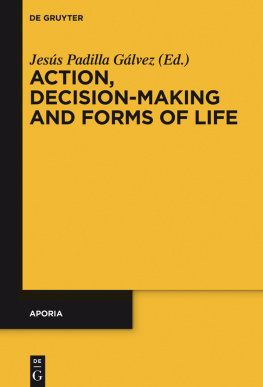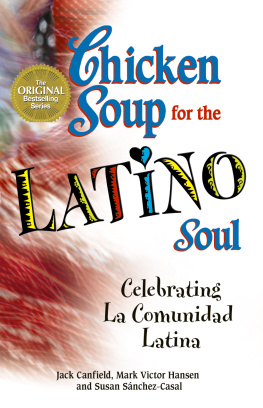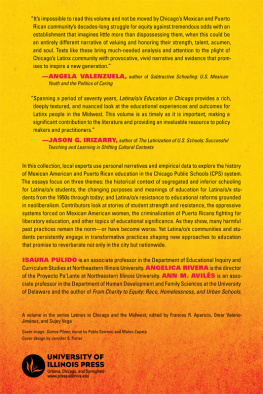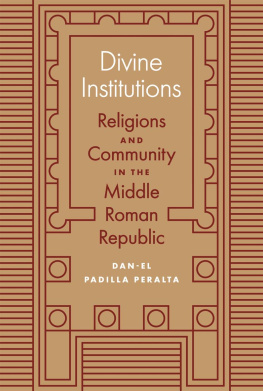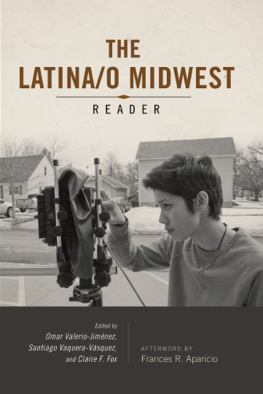Felix M. Padilla - The Struggle of Latino/Latina University Students
Here you can read online Felix M. Padilla - The Struggle of Latino/Latina University Students full text of the book (entire story) in english for free. Download pdf and epub, get meaning, cover and reviews about this ebook. year: 1997, publisher: Routledge, genre: Home and family. Description of the work, (preface) as well as reviews are available. Best literature library LitArk.com created for fans of good reading and offers a wide selection of genres:
Romance novel
Science fiction
Adventure
Detective
Science
History
Home and family
Prose
Art
Politics
Computer
Non-fiction
Religion
Business
Children
Humor
Choose a favorite category and find really read worthwhile books. Enjoy immersion in the world of imagination, feel the emotions of the characters or learn something new for yourself, make an fascinating discovery.

- Book:The Struggle of Latino/Latina University Students
- Author:
- Publisher:Routledge
- Genre:
- Year:1997
- Rating:3 / 5
- Favourites:Add to favourites
- Your mark:
- 60
- 1
- 2
- 3
- 4
- 5
The Struggle of Latino/Latina University Students: summary, description and annotation
We offer to read an annotation, description, summary or preface (depends on what the author of the book "The Struggle of Latino/Latina University Students" wrote himself). If you haven't found the necessary information about the book — write in the comments, we will try to find it.
The Struggle of Latino/Latina University Students — read online for free the complete book (whole text) full work
Below is the text of the book, divided by pages. System saving the place of the last page read, allows you to conveniently read the book "The Struggle of Latino/Latina University Students" online for free, without having to search again every time where you left off. Put a bookmark, and you can go to the page where you finished reading at any time.
Font size:
Interval:
Bookmark:

378.1982968073dc21 | 96-50207 |
CIP |
No puedo cayar antes de lo que me rodea, | I cannot remain silent in light of what surrounds me, |
tampoco ignorar a los que sufren mil penas, | neither can I ignore those who suffer from a thousand sadnesses, |
cantar por cantar no tiene ninguno sentido. | to sing for singing sake has no meaning. |
Yo quiero cantar porque siento un compromiso. | I want to sing because I feel a commitment. |
No puedo cayar sabiendo lo que anda mal, | I cannot remain silent knowing what is wrong, |
cambiar la mirada por temorar que diran, | to change my glance in fear what they might say, |
cantar por cantar es repetir mil palabras | to sing for singing sake is to repeat a thousand words, |
hablar al cantar es combersar con el alma. | to talk as you sing is to speak with the soul. |
Por Eso Canto! |
Font size:
Interval:
Bookmark:
Similar books «The Struggle of Latino/Latina University Students»
Look at similar books to The Struggle of Latino/Latina University Students. We have selected literature similar in name and meaning in the hope of providing readers with more options to find new, interesting, not yet read works.
Discussion, reviews of the book The Struggle of Latino/Latina University Students and just readers' own opinions. Leave your comments, write what you think about the work, its meaning or the main characters. Specify what exactly you liked and what you didn't like, and why you think so.

